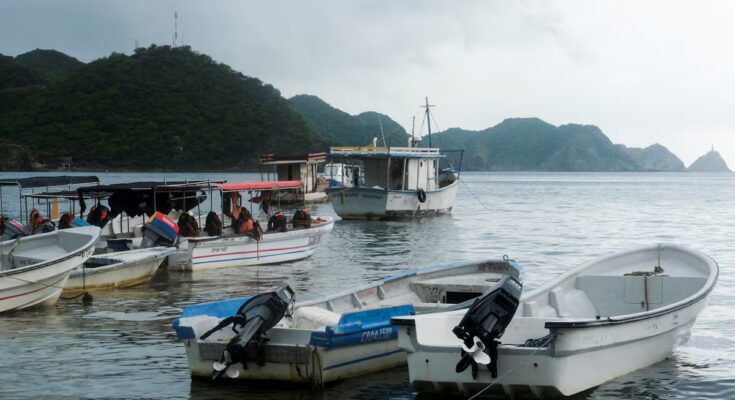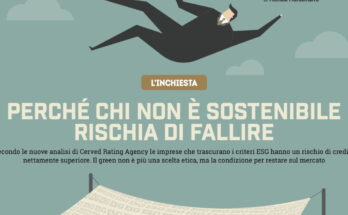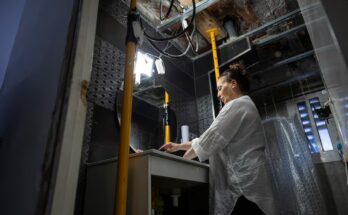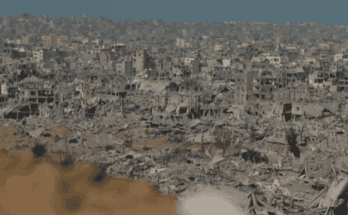While the fourth summit between the Community of Latin American and Caribbean States (Celac) and the European Union (EU) was taking place in Santa Marta, a few kilometers away, in various cities on the Colombian Caribbean coast, fishermen spent the day with fear on their shoulders. On Friday, just two days before the official start of the summit, the US military attacked a suspected drug traffickers’ boat, bringing the total to 20 attacks and around 70 deaths. The attack, in addition to putting a strain on relations between Donald Trump and Latin American leaders such as the host of the summit, Gustavo Petro, has thrown into anxiety thousands of people who work in artisanal fishing and who have ceased their activities, for fear of falling into the offensive.
Eduar Blanco Gómez is 48 years old and has lived more at sea than on land. For generations, his family has been dedicated to artisanal fishing in Berrugas, in the Gulf of Morrosquillo, department of Sucre. The main economic activity of this small port is fishing, which has almost frozen since the end of September. “We didn’t go to the best fishing area because we didn’t feel safe. And here we are, in need,” he told Blanco by phone. The 800 or more fishermen have also had to reduce their working hours, with serious repercussions on their income.
Julián Medina, a fisherman from the nearby municipality of Tolú, notices the same situation in his community, where, he says, there are at least 45 fishing families. “How about we confuse our boats with illegal ones and, without saying a word, kill ourselves? We go out to points very far from the coast, in boats with two or three engines, for the same distance, and we stay up to four days on the high seas, where the risk increases,” he explains. He adds that the weather is generally dangerous this time of year, which adds another problem to his job. “So we are no longer just facing a storm, but also a bombing,” he adds. Medina points out that the most productive point is located around the Corales de Profundidad National Natural Park, located more than 60 nautical miles from the port.
The fears of fishermen like Medina and Blanco were fueled by claims that Alejandro Carranza, a fisherman from Santa Marta, was one of at least four Colombians killed in the bombings. President Petro also defended the hypothesis: the fisherman did not return after going fishing shortly before one of the attacks, but there is no evidence of his death either. In the midst of the Santa Marta summit, the president met with Carranza’s family and posted a photo with them on X, in which he insisted that “Rubio and Trump are completely wrong.”
Fear of operations has not only reduced fishing in mainland Colombia. In some places on the island of Providencia the price of fish has increased due to the reduction in supply. According to fisherman Edgar Jay, his companions refuse to go into deep water, more than a hundred miles away, where the most productive spot is located. One of the most important newspapers in the Colombian archipelago, The islanderpublished a cartoon in which men appear on a boat, with a banner with the symbol of fishing: “the flag is made so that the gringos don’t get over our heads”, says one text. A sign of suspicion.
Something similar was underlined by the Fishermen’s Federation of Providencia and Santa Catalina, which brings together more than a hundred people and through a statement asked the United Nations to protect the lives of those who practice this trade in the Caribbean. “It was our only alternative. To set a precedent in case something happens. Many fishermen will not go out again until they feel they have guarantees and the Colombian military is not for us,” Jay says. Medina, from the continent, goes further and asks for help directly: “They should not forget those who work hard so that they can have lobsters on their plates,” he says.
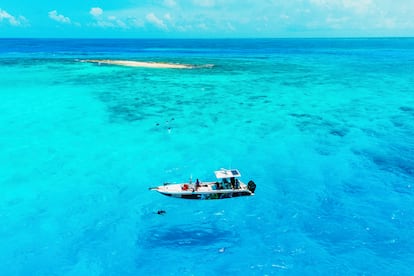
For the Minister of Defense, Pedro Sánchez, the situation is different. “Our fishermen are fully protected and we have had no interference in sovereignty issues,” he told the newspaper. The time. These statements have had a strong impact on some fishing communities who, on the contrary, have felt a direct impact on their pockets, their food security and their confidence in going to sea.
Jay, the fisherman from Providencia, points out that they, the artisanal fishermen, are at the center of disputes between illegal immigrants and the military, and are the most vulnerable. “One of the threats has always been illegal fishing, which acts as a magnet for drug trafficking and geopolitical problems,” he says. None of the fishermen reported receiving help or advice from local authorities. For this reason some have stopped going out, while others record and broadcast everything that happens on board. But they know that being hit by a missile is not enough.
As the days pass, the picture becomes more nuanced, especially after Petro ordered the suspension of intelligence collaboration with the United States. For them, this disconnect poses even greater risks, as they fear blind attacks. Even more so now that, from December to February, the trade winds intensify in the Colombian Caribbean, an always complex season for them.
